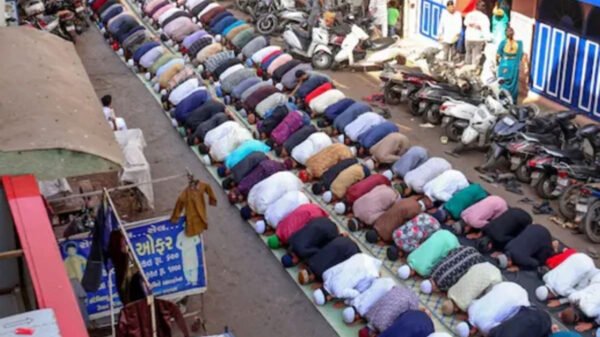On Thursday night, Israel’s security cabinet convened in Tel Aviv as the country prepared for a possible attack by Hezbollah from Lebanon. The meeting was held in the underground command center at the Kirya military headquarters, marking the first use of this facility since the April 13-14 incident when Iran launched around 300 missiles and drones at Israel, most of which were intercepted.
The session in the command center, known as “the pit,” was intended for emergency preparedness drills rather than an immediate security threat, Channel 12 news reported. This preparation comes amid expectations of retaliation from Hezbollah for the recent assassination of its commander, Fuad Shukr, on July 30, following a Hezbollah rocket attack that killed twelve children in the Golan Heights.
Defense Minister Yoav Gallant issued a rare warning to the Lebanese people, stating in Arabic that Israel would respond forcefully if Hezbollah escalates tensions. He emphasized Israel’s desire for peace and stability on the northern border but warned that continued aggression would be met with significant military action. Gallant also referenced the Second Lebanon War of August 2006, cautioning that those who provoke conflict should expect severe consequences.
Haifa Mayor Yona Yahav noted that Hezbollah’s arsenal is now significantly more advanced than in 2006, with expectations of up to 4,000 missiles being fired daily. He urged residents to prepare for potential shelter stays lasting four to six days if attacks occur.
At the IDF Home Front Command, Gallant reassured the public that Israel is working to provide adequate warnings of any attack while advising citizens to maintain normal routines unless directed otherwise. The IDF is prepared to respond to threats with significant action, not limited to Lebanon.
In response to the heightened tensions, the U.S. has increased its military presence in the region, including sending additional fighter jets and Navy warships. The U.S. has warned Iran of severe consequences for any major retaliatory attack against Israel. The Wall Street Journal reported that the U.S. has directly conveyed to Tehran the potential risks to its economy and government stability if it escalates the situation.
Hezbollah began its frequent attacks on Israeli communities and military posts on October 8, following a major Hamas assault. Israel’s defense establishment is preparing for a broad response, not just in Lebanon. On Thursday, Israeli fighter jets targeted Hezbollah infrastructure in southern Lebanon, while Hezbollah launched several rockets into northern Israel, causing no injuries. Since October 8, the conflict has led to the deaths of 25 Israeli civilians and 18 IDF soldiers, along with attacks from Syria.










